Leviticus – וַיִּקְרָא

You shall not put a stumbling block before the blind’
As we mentioned before, our weekly Torah portion lays out some of the most basic moral codes and describes the
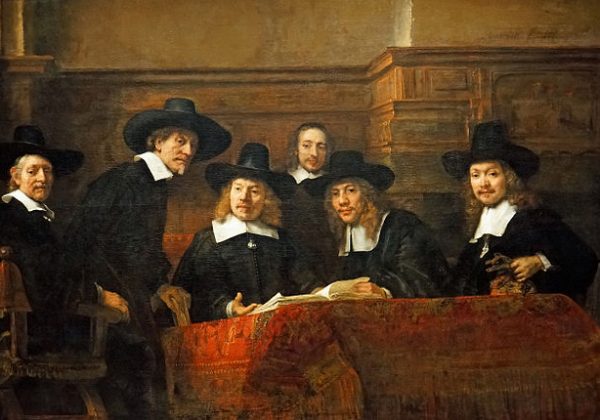
Why is it so important to be honest?
One of the biggest problems of the different Bible translations in general, and the English translation in particular, is the
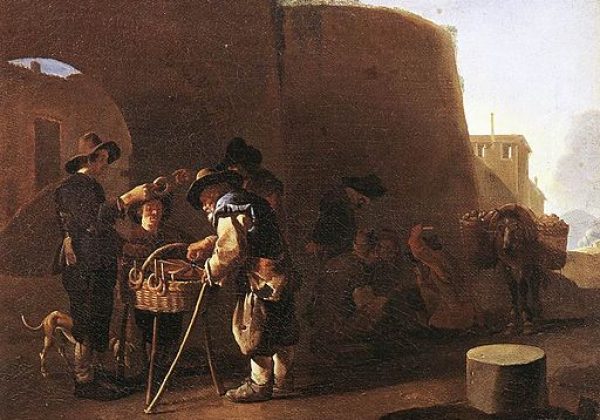
Who is interested in the ‘drug of life’?
In our weekly Torah portion, one can find a long list of laws and regulations regarding how a person should
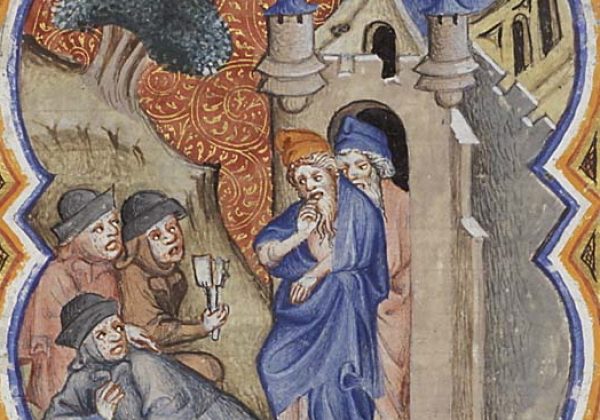
What is Tzara’at?
The weekly Torah portion’s name is “Metzora” {מצורע}(‘LEPERS’) and it is found in Leviticus 14:1–15:33 The Hebrew word ‘Tzara’at’ {צרעת} means

What is the Original Biblical Meaning of ‘Jubilee?’
Yesterday we talked a bit about the ‘Shemitah’ {שמיטה} (‘sabbatical year’) and today we will discuss the Hebrew meaning of
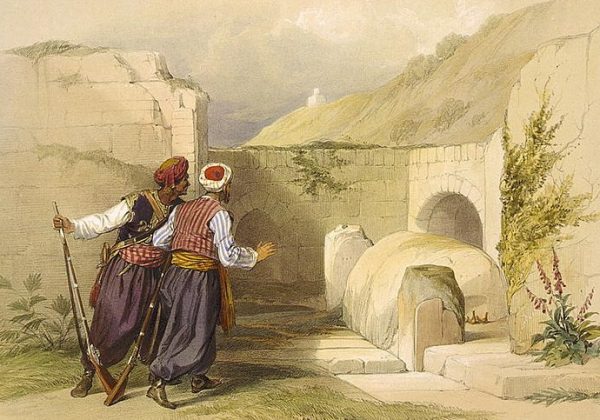
What is the Hebrew meaning of ‘Achuzah’?
The main difference between a sabbatical year (‘Shemitah’{שמיטה}) and the jubilee (‘Yovel’{יובל}) is the issue of the property ownership. While
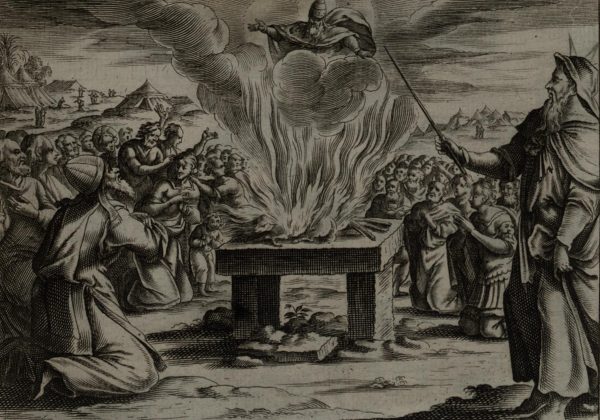
What is the connection between the ‘gift offering’ in the Temple in Jerusalem and ‘afternoon tea’?
A couple of days ago we began discussing the Hebrew meaning of the sacrifices in the Tabernacle and the Temple.
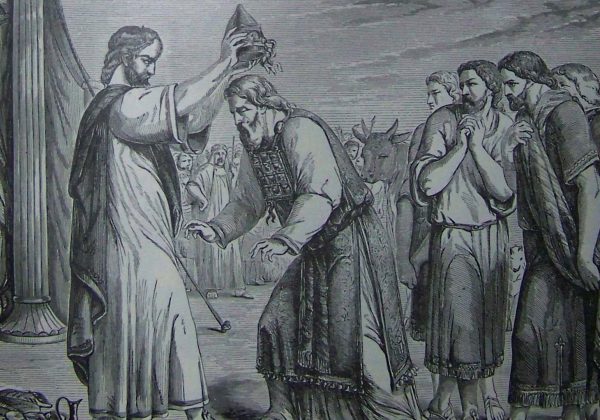
What is the connection between Aaron and mountain?
Today’s “parasha” {פרשה} (weekly Torah portion) is “Be-Har” {בהר} (‘on the mount’ in Hebrew) – which is the ninth “parasha”
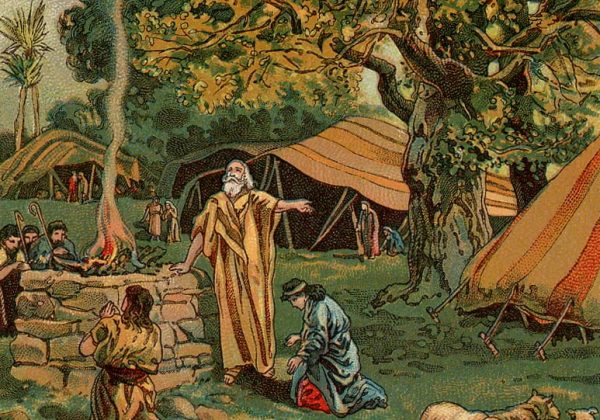
What is the connection between ‘Krav Maga’ and the Offerings and Sacrifices in the Tabernacle?
Our weekly Torah portion, as well as major parts of the Book of Leviticus, is concerned with the laws of
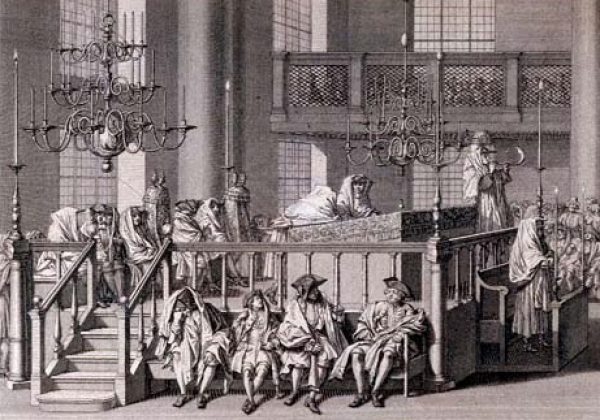
What is a ‘Little Temple’?
In Judaism, the status of the synagogue is like a ‘little Temple’ (‘Mikdash Me’at’ {מקדש מעט} in Hebrew) and it
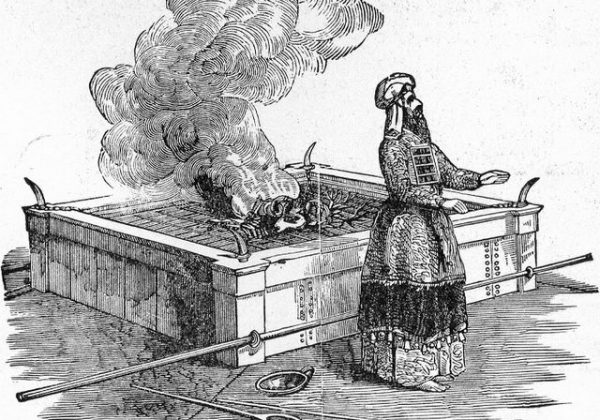
What is ‘Korban Olah’ and how it is connected to the Holocaust?
The Hebrew root O-L-H (or A-L-H) {ע-ל-ה} means ‘to go up’ or ‘to ascend’ and some of you probably know
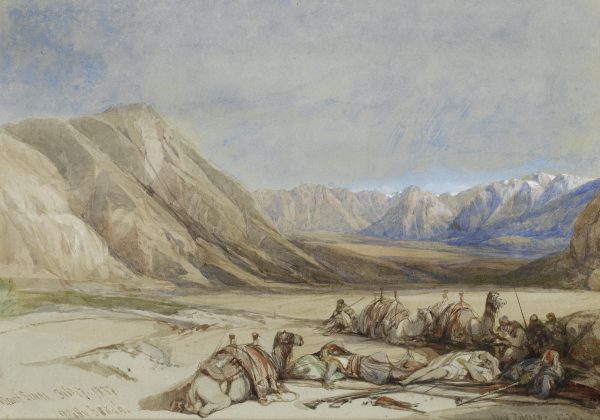
What does the subject of ‘Shemitah’ have with Mount Sinai?
“The LORD spoke to Moses on Mount Sinai, saying, “Speak to the people of Israel and say to them, when
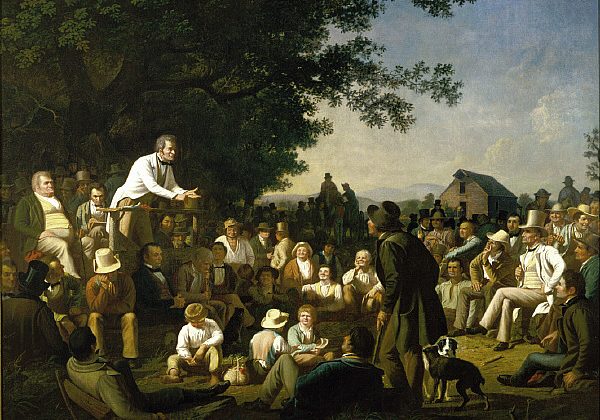
There is more than one way ‘to speak’ in the Hebrew Bible
Today’s “parasha” {פרשה} (weekly Torah portion) is “Emor” {אמור}(‘speak’ or ‘say’ in Hebrew) – which is the eighth “parasha” in
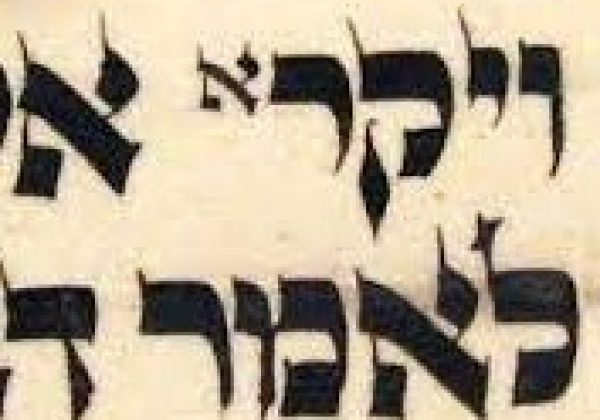
The story of the little Hebrew letter ‘Alef’
Last week we finished reading the Book of Exodus and this week we begin with the third book of the

The Rich Meaning of Trust in Hebrew
This week’s Torah portion ( Be-Chukotai ) {בחוקותי} describes the different blessings for obedience to God’s laws and on the
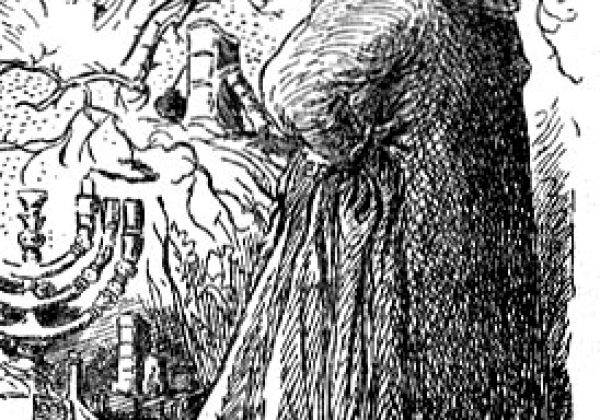
The Number Eight and the Supernatural
Today’s “parasha” {פרשה} (weekly Torah portion) is “Shemini” {שמיני} (‘eighth’ in Hebrew) – which is the third “parasha” in the
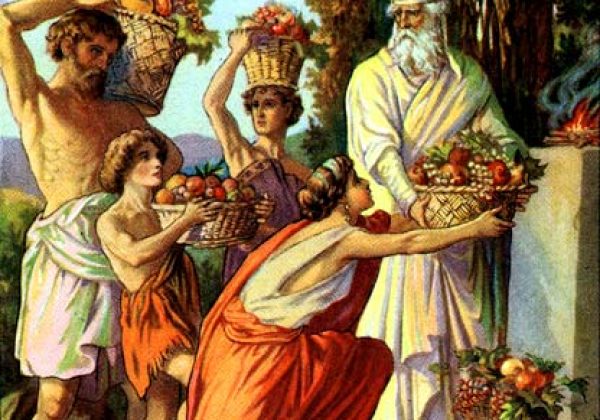
The Hebrew etymology of the biblical pilgrimage festivals
Chapter 23 of the Book of Leviticus provides descriptions of the different holidays in the biblical calendar. In this

The Glory of the LORD
In our weekly Torah portion it is written: “On the eighth day Moses called Aaron and his sons and the

The Amazing Story of the 1500 Year Old Scroll of Leviticus!
About forty-five years ago, during a routine archaeological excavation in Ein Gedi {עין גדי} – an amazing oasis in the

The ‘Spiritual Disease’
“When a man is afflicted with a leprous disease, he shall be brought to the priest.” (Leviticus 13:9) The word
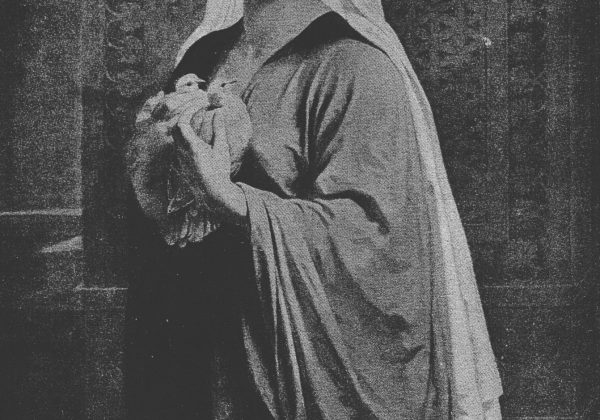
Symptoms of the ‘spiritual disease’
Before Passover, we discussed the spiritual nature of biblical leprosy (‘Tzara’at’ {צרעת} in the original Hebrew). According to the Jewish

Spirituality vs. Materialism
The Book of Leviticus lays out the different kinds of the ‘Korbanot’ {קרבנות} (Hebrew for ‘sacrifices’) and that their purpose
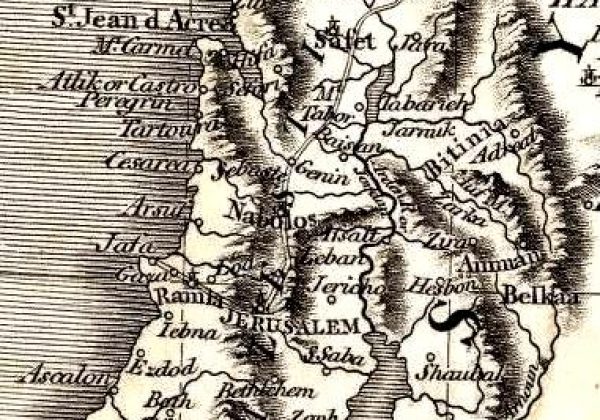
Showers of Blessings: The Importance of Rain to the Holy Land’s Agriculture
Yesterday we discussed the connection between the ‘blessing of the rain in its season’ and its relationship to peace. Today
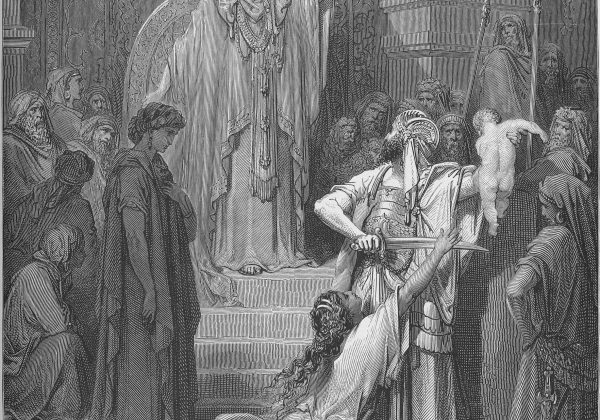
Is ‘a president’ above the law?
Today we continue with the posts about the ‘Korbanot’ {קרבנות} (Hebrew for sacrifices) and will discuss ‘Korban Chata’at.{קרבן חטאת} The
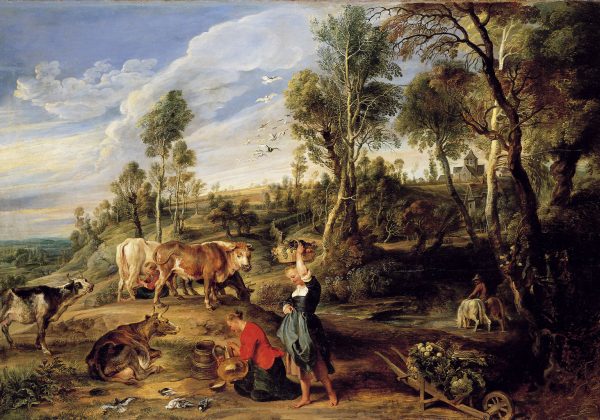
How is ‘a rain in its season’ connected to peace?
One of the most well-known of God’s blessings for obedience to His laws is the ‘the rain in its season’

Hidden Hebrew Treasures from the ‘Korbanot Toda’
Today we will continue talking about the ‘Korbanot’ {קרבנות}(Hebrew for ‘sacrifices’) and now we {קרבנות תודה} will discuss ‘Koraban Toda’.
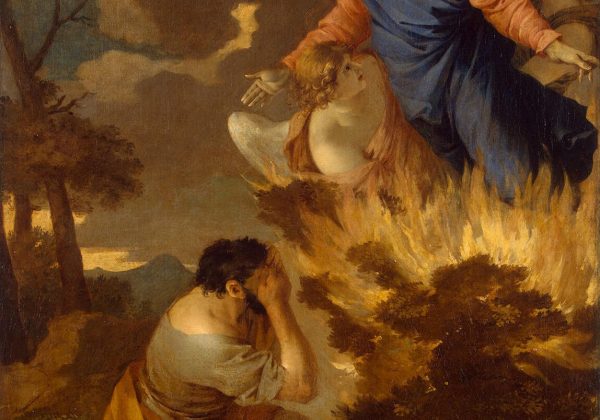
Hearts on Fire: Insights from Hebrew
The concept of fire is the main characteristic of ‘Korban O’lah’ {קרבן עולה} (Hebrew for ‘burnt offering’). Let’s have a look
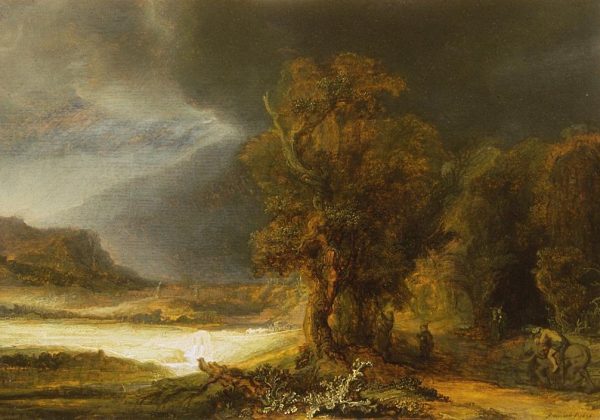
God’s Peace Plan for Israel
The biblical structure of blessings and punishments (curses) characterizes the ending of the Book of Leviticus and can be found
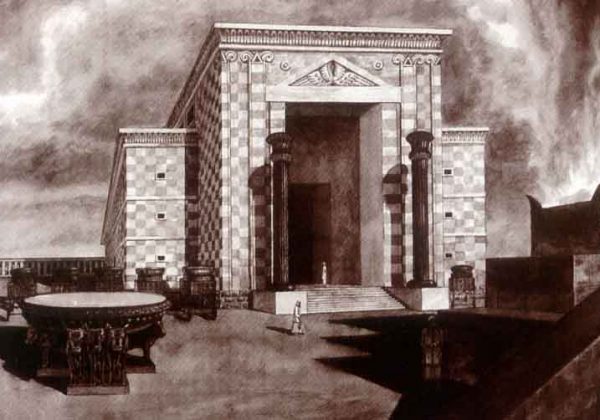
Feasts of the Lord – The Hebrew meaning of Holy Convocation
When looking closely at the biblical passages speaking about the holy days, it appears there is one phrase that keeps
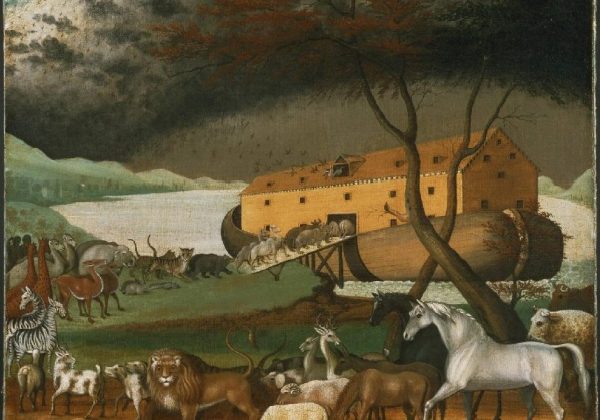
Do not be so quick to judge
One of the characteristics of the Book of Leviticus is the laying out of laws and regulations with regard to
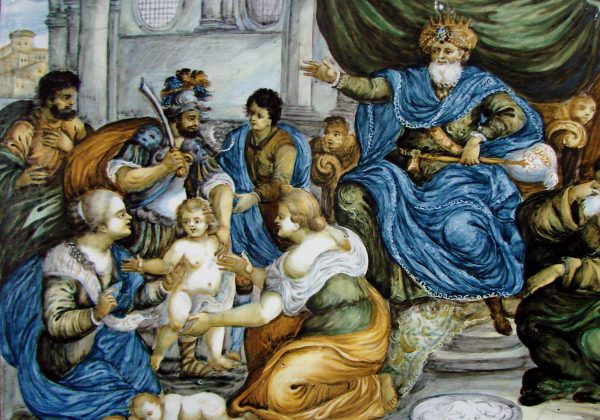
Choosing to Live a Blessed Life
Tomorrow’s “parasha” (weekly Torah portion) is “Be-Chukotai’” {בחוקותי} (‘In my statutes’) – which is the tenth and last “parasha” in
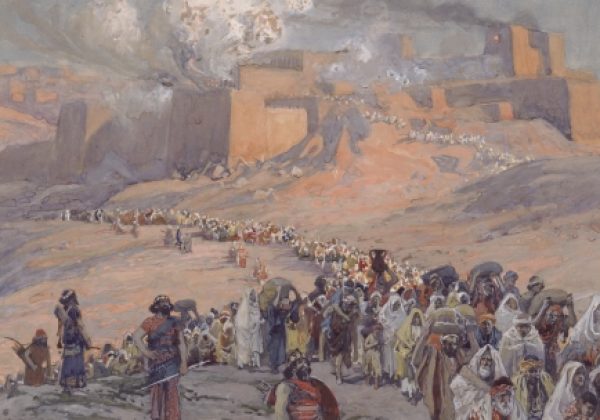
Biblical Social Order- the Role of the Jubilee
In yesterday’s post we talked about the biblical definition of ‘property’ – ‘Achuza’ {אחוזה} in the original Hebrew – and

Between the holy and the common
Parashat Emor’{פרשת אמור} – the weekly Torah portion for today, mainly discusses two issues: the regulations of the priests who
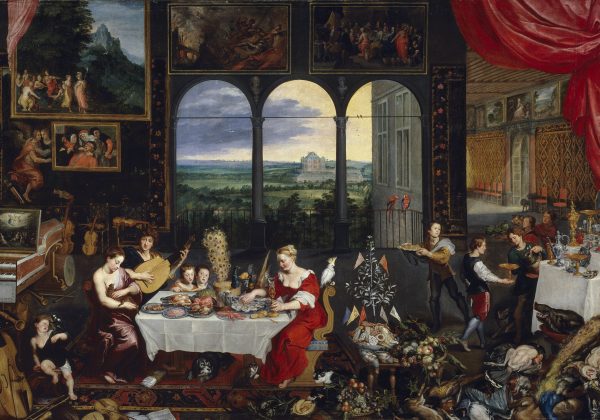
Alcohol in the Hebrew Bible
Since our weekly Torah portion mentions the prohibition of drinking alcohol by the priests who were serving God, I thought

A Command for Generations
Today’s “parasha” {פרשה} (weekly Torah portion) is “Tzav” {צו} (‘command’ in Hebrew) – which is the second “parasha” in the
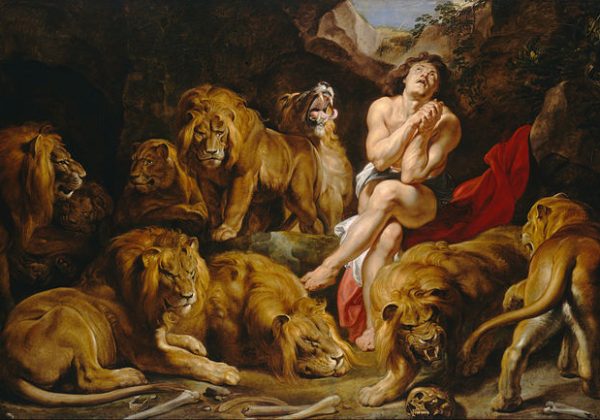
‘You shall not stand by the blood of your neighbor’ – Hebrew Meaning
In continuation of our weekly Torah portion posts which deal with the basic moral codes of a healthy and morally
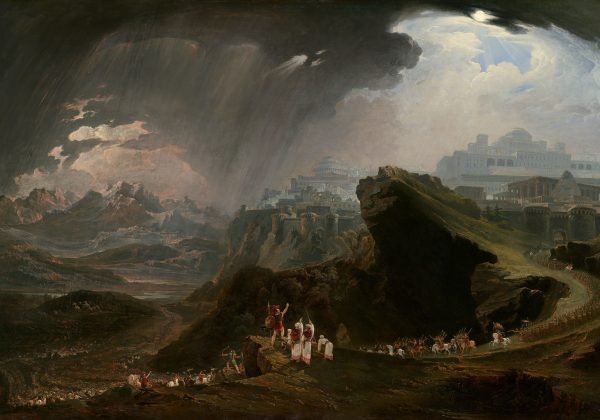
‘Shouted out of fear’ or ‘shouted out of joy’ – the appearance of the glory of God
Yesterday we talked about ‘the glory of God’ and its connection to the ‘sin offering’ as can be found
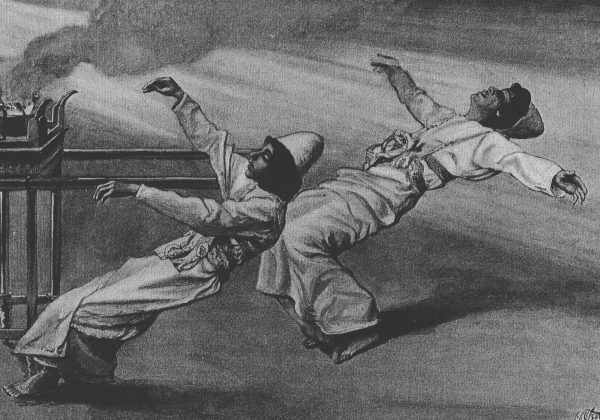
‘After the death of the holy ones’
Tomorrow’s “parashot” {פרשות} (weekly Torah PORTIONS) are “Acharei Mot” {אחרי מות} (‘after the death’) and “Kedoshim” }קדושים} (‘holy ones’) –
